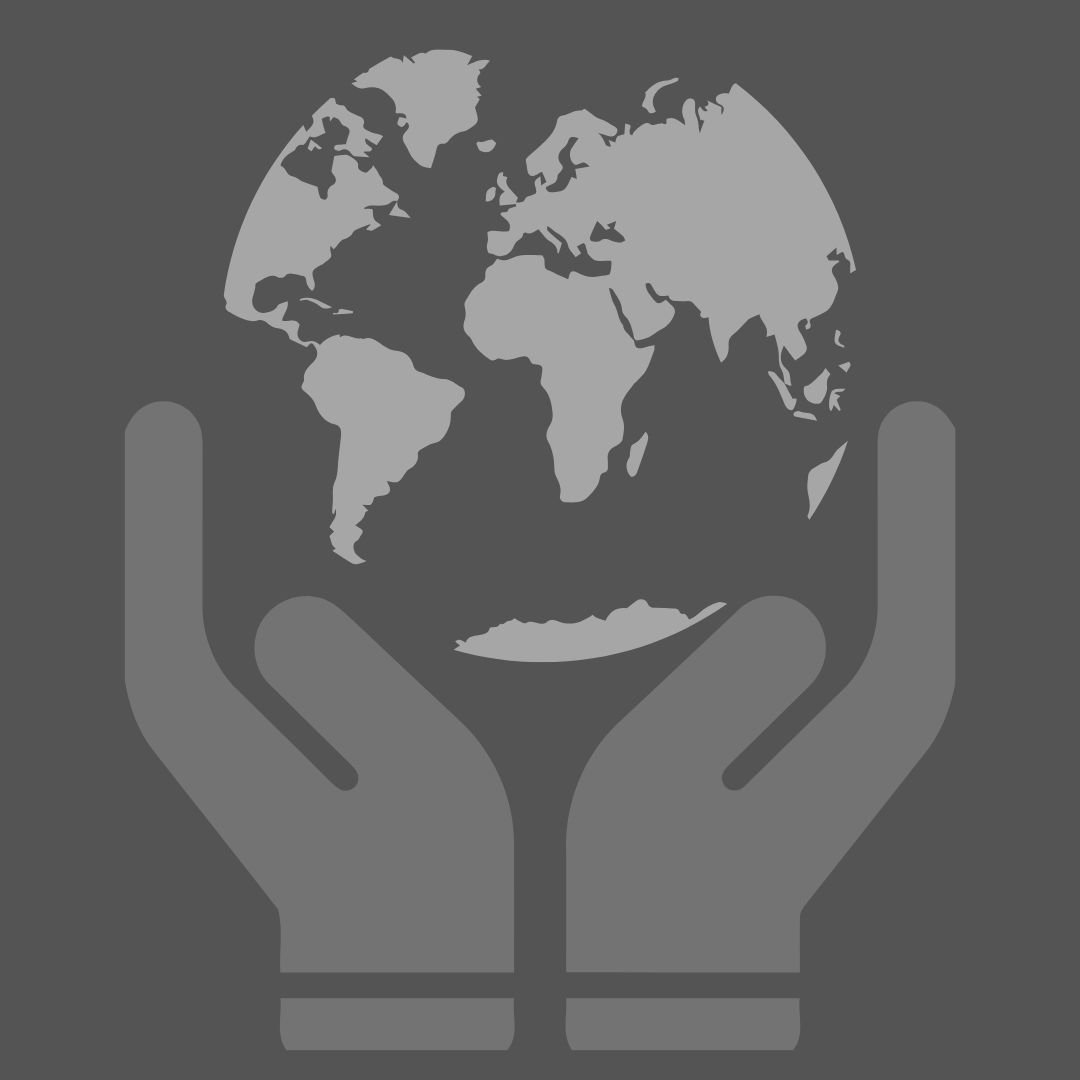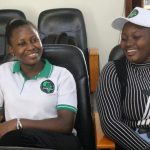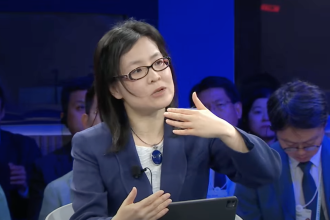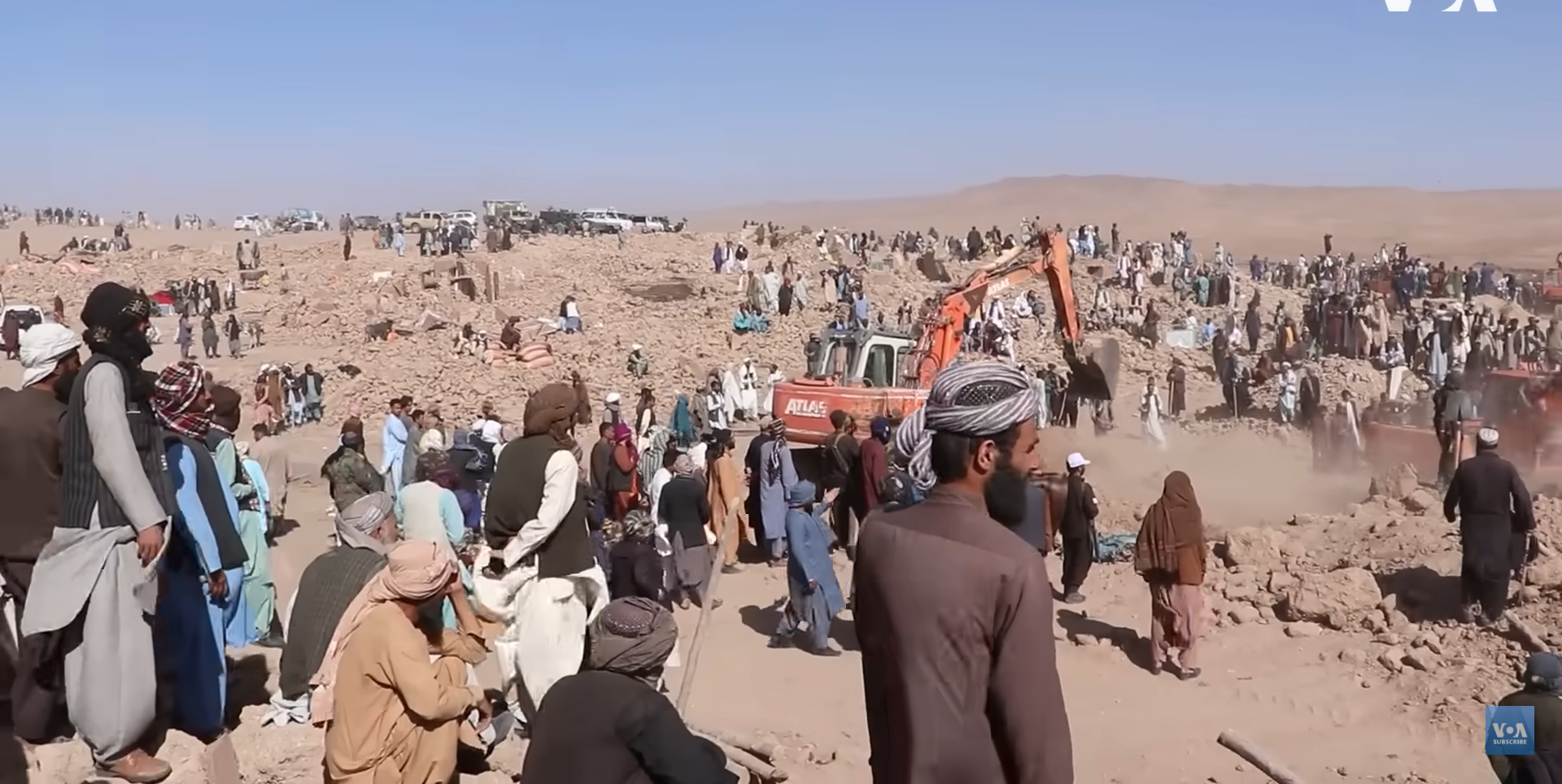“The world is just throwing us away”
Olivier Nkunzurwanda is an extraordinary man. All the more so because a decade ago he was forced to flee the Democratic Republic of Congo with only his phone, laptop and two siblings.
In the intervening years he has been serving and advocating for and amplifying the skills, talents, resource and voice of fellow men, women and children uprooted and thrust into refugee life in a huge camp. The challenges of life in a refugee settlement are almost beyond endurance, especially for people who have already suffered the trauma of being forced from their homes. While cuts in funding make headlines, the reality is played out in settlements like Rwamwanja, home to 130,000 refugees, where adults exist on one single, meagre meal a day. “It is not enough to fill your belly,” says Olivier, “But it keeps us going until the next day.”

Uganda set out its stall as global champion of refugees with its Comprehensive Refugee Response Framework (CRRF), and despite being amongst the least wealthy countries by GDP, it is now the third largest host to refugees in the world and the biggest in Africa. 1.7 million refugees now call Uganda home, and that figure projected to grow to 2 million in the near future.
Despite its groundbreaking commitment to refugee protection and self-reliance through land allocation and support, the system is now beginning to show signs of collapse. Should we be surprised? In the face of continuing unrest in neighbouring countries, most notably South Sudan, the Democratic Republic of Congo, and Somalia, there has been a constant influx of people crossing the border. More people place more pressure on local resources and without robust support from the global community, any country would struggle with the sheer volume of men, women and children looking for shelter.
Maciej Grzeskowiak’s article ‘When Legal Inclusion is not Enough: the “Uganda Model” of Refugee Protection on the Brink of Failure[1]’ cites just one example of the failure of other nations to support its open-door policy by pointing out that in 2017, at the Refugee Solidarity Summit, the President of Uganda and the UN Secretary-General could only get promises of USD 358 million – 18% — of the USD 2 billion it needed to adhere to its pillars of supporting the ever-increasing flow of refugees. The Framework remains pitifully underfunded and increasingly reliant on INGOs who, as their funding is cut, do little.
Nkunzurwanda is anchored to Rwamwanja through his drive to make life better for his fellow refugees and the fact that he is surrounded by people who share the grim reality of arriving exhausted and broken into Uganda, only to find their journey is far from over and they must all find even greater fortitude.
“The world is just leaving us” he says, “the world is just throwing us away.” He speaks this not for pity but in frustration at how the potential of 130,000 men, women and children to make an economic contribution is being squandered. INGOs are not very active in the settlement; for example, there are health teams to diagnose and triage, but no drugs or medicine are available to support recovery. Food is scarce and insufficient, food insecurity the number one concern of residents. “Since I’ve been here,” continues Nkunzurwanda, “I’ve made it my focus to make sure things get better, through schools and learning for children, digital literacy and sustainable farming practices. I’ve set out to empower and respect refugees with The Refugee Innovation Centre (RIC).” So far, he has impacted 28,000 lives in the settlement, inspiring fellow residents to develop skills and knowledge to help them find remunerated employment and security.
Additionally, he has been instrumental in co-creating a network, Refugee Changemakers (or RE-CAN) of dynamic refugee-instigated organisations across settlements to support and share learnings and outcomes. The wealth of talent is huge and undeterred by the ever-increasing challenges of day-to-day existence. One such NGO in the network provides crutches and walking sticks to disabled residents. The cost of purchase outside the settlement for a commercial outlet is around 500,000 Ugandan shillings, and that’s without the eight hour trip and associated cost of travel to Kampala. To give context, it costs UGX10,000 to send a child to school so for people with little or no money in the first place a crutch is out of the question.

Based in Kiaka II settlement, craftsmen manufacture custom made crutches and other walking aids to give mobility back to their disabled peers. Already a hundred men, women and children have been helped to improve their quality of life and regain independence – and the comparative cost? If it was available in a shop it would be UGX110,000, less than 20% of the cost of the generic commercial unit, with the added impact of keeping money circulating locally which benefits the community while building skills and employment for a sustainable future.
When Olivier asks why people can’t see the impact that supporting community initiatives instead of importing goods at great cost, it’s impossible to offer a logical response.
[1] Refugee Survey Quarterly Volume 43, Issue 1, March 2024 pages 95-112





